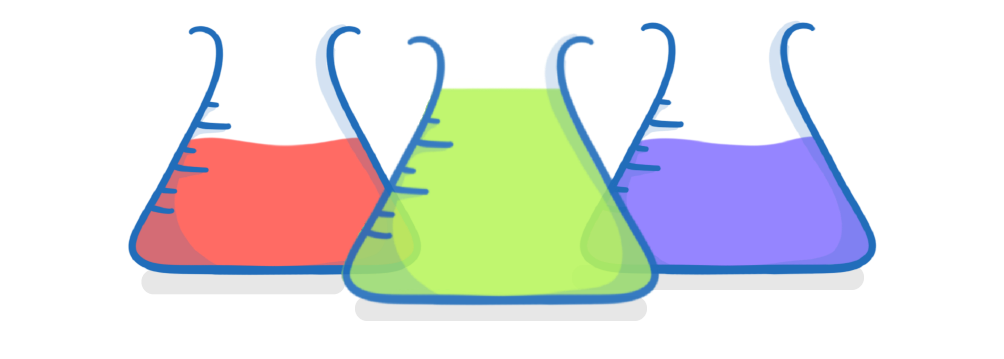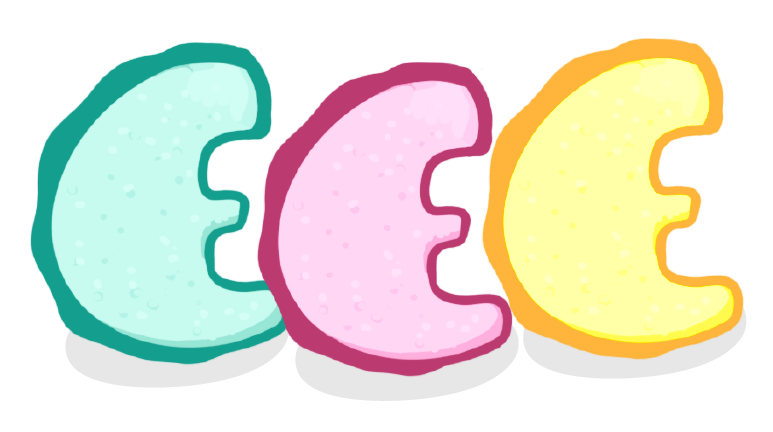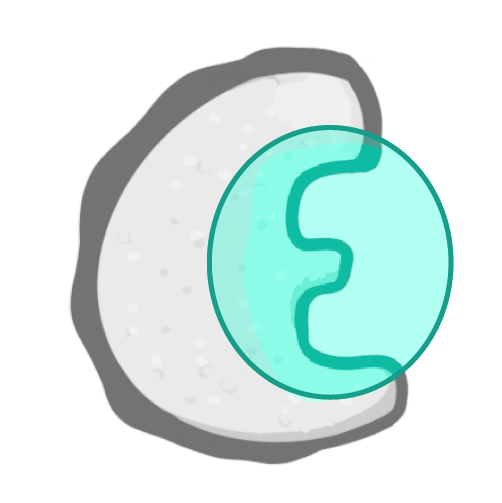What are Enzymes?
This lesson covers:
- What enzymes do (i.e. catalyse reactions)
- How enzymes work
- The lock and key model vs the induced fit model

Are most chemical reactions naturally fast or slow?
Fast
Slow
|

One way to increase the rate of chemical reactions is to increase the temperature, this is partly why our bodies are a relatively warm 37°C.
Give two reasons why we can't just make our cells even warmer to increase the rate of reactions?
|
A c is a substance that increases the speed of a chemical reaction w being used up or changed in the process.
|

An is a special type of catalyst that is made by a living organism. We sometimes call them catalysts.
Enzymes are large proteins, so made from a long chain of acids.
|

What is the name of special region of an enzyme that binds to the substrate?
Active area
Complementary area
Active site
|
In order for an enzyme to catalyse a reaction, the active site of the enzyme must be _____________ to the substrate.
compatible
correspondent
completing
complementary
|
At first, scientists thought that in order for an enzyme to catalyse a reaction, the substrate had to fit perfectly into the active site.
What was the name for this model of enzyme action?
The original model
The lock and key model
The induced fit model
The induced key model
|
We now know that in order for an enzyme to catalyse a reaction, the enzymes active site actually changes shape slightly as it binds to the substrate.
What do we call this model of enzyme action?
The original model
The lock and key model
The induced fit model
The induced key model
|